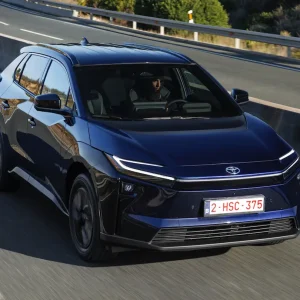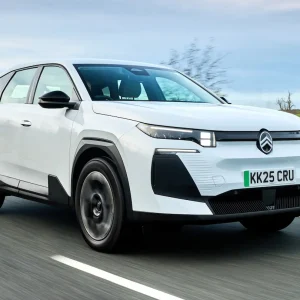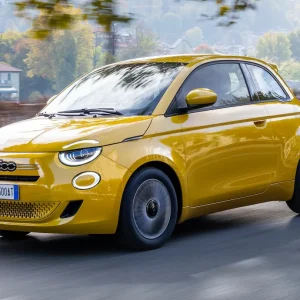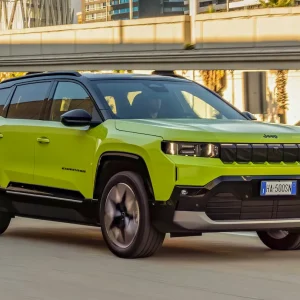The Renault Clio is the second best-selling car in Europe, only trailing the legendary Volkswagen Golf.
That is some accolade in itself and Renault reckons it has learned many lessons from its German rival, including resisting the temptation to make wholesale styling changes with successive new generations of Clio.
Whether you believe this or you simply think there was probably no cash left over for expansive artistic musings once Renault’s engineers and quality control bods had blown the budget on much-needed interior improvements and powertrain innovations, is open to interpretation. What’s not open to debate is the fact that the Clio’s latest hybrid powertrain is one of the most technically advanced found in any supermini.
Utilising a fairly sizeable 1.6-litre four-cylinder engine mated to an innovative clutchless automatic gearbox, which uses electric motors to synchronise gearchanges, the hybrid Clio displays similar driving prowess to cars from several classes above.
In essence, the powertrain is the same
as the one found in the manufacturer’s latest Captur and Megane plug-in hybrid models, only with a smaller-capacity battery and without the ability to charge the battery independently via a wall socket.
As such, the 1.2kW battery, which is located just above the rear axle, will only provide total silent running up to 27mph and for quite a limited period. As a result, the Clio’s get up and go doesn’t feel quite as urgent as its more powerful plug-in cousins, but in such a small car the performance still feels more than adequate and the refinement gains are substantial.
In the main, the gearbox works seamlessly, with just the occasional shudder signalling the odd abrupt shift, while the 1.6-litre four-cylinder petrol engine is both quiet and smooth, remaining muted under normal driving conditions, only ever sounding strained when pressed to the upper echelons of its rev range.
Like its plug-in sibling, the powertrain’s electronics will occasionally do their own thing when sensing an opportunity to recharge the battery. This takes the form of cranking up the engine’s revs to generate a reviving boost of electricity to the battery. Thankfully, this only seems noticeable with the gear selector lever in the park position, but having the engine rev up remotely with no input from the driver is quite an odd experience.
Despite its rather limited electric drive and the impact this has on CO2 emissions, at 99g/km with a 22% BIK implication, the hybrid Clio’s numbers are still impressive compared to a price-equivalent 1.3-litre TCe auto’s 130g/km and 29% rating.
Driving the hybrid Clio is just as much fun as the more traditional-powered models. Along with its effortless driveline, the Clio is as agile and as responsive as any small hatchback need be, but more importantly it’s as good as it gets in terms of noise, vibration and harshness isolation. Consequently, it’s a comfortable, quiet and engaging car, as much at home trawling around town as it is spiriting down country roads or smoothly piling on the high-speed motorway miles.
It’s not even as if you can criticise the old Renault bugbear of poor interior quality anymore as everywhere you look and touch in the Clio there is a substantial well-engineered feel.
The dashboard may not be quite as visually arresting as the latest Peugeot 208, but the Clio provides a far better view of the full range of dashboard information, as well as more intuitive access to the concise, portrait-orientated infotainment screen.
Granted, the Clio is not exactly huge in the back and adults will find themselves sitting with their knees awfully close to the front seat backs. Although it remains a decent size, accommodating the battery means the boot capacity does suffer, falling from 391 litres to 301 litres.
With prices starting at a shade under £20k, the hybrid Clio does seem quite pricey compared to an entry-model Clio, but its lower taxation implications and refinement gains make it a better pound-for-pound investment.
Renault Clio E-Tech Launch Edition
P11D: £21,915
Residual value: 39.1%
Depreciation: £13,340
Fuel: £4,590
Service, maintenance and repair: £1,980
Cost per mile: 33.2p
Fuel consumption: 64.2mpg
CO2 (BIK band): 99g/km (22%)
BIK 20/40% a month: £80/£161
Boot space: 301 litres
Engine size/power: 1,598cc 160hp 4cyl/electric motor





